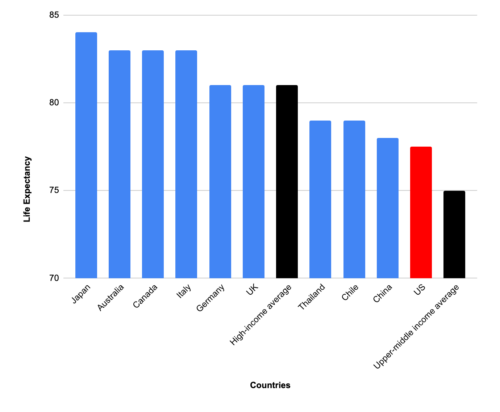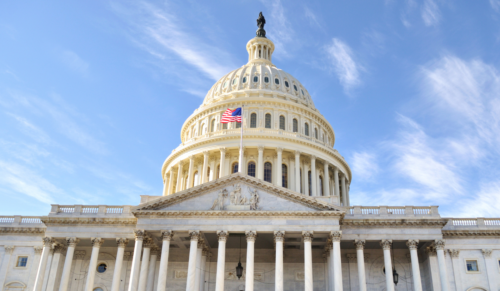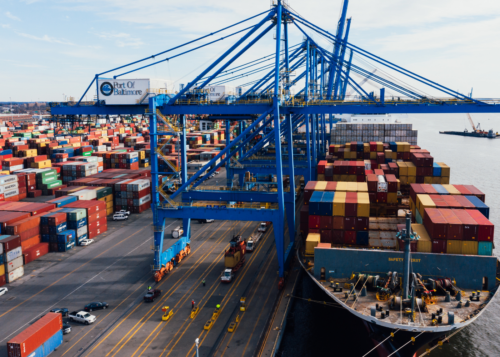9/11, Nine Years Later: Election Protection in Afghanistan
By: / 09.10.2010
 This Saturday is the 9th anniversary of 9/11. Normally, I’d try to commemorate that horrible, epochal day as best as I can here at home. But this Saturday, I’ll instead be stepping off a plane in Dubai, along with several dozen other Americans, on the way to Kabul for a USAID-sponsored mission to monitor elections for the wolesi jirga, Afghanistan’s lower house of Parliament. Friends and family, equally freaked out by the prospect of me, a lawyer, heading into a war zone, keep asking me how I feel about this mission.
This Saturday is the 9th anniversary of 9/11. Normally, I’d try to commemorate that horrible, epochal day as best as I can here at home. But this Saturday, I’ll instead be stepping off a plane in Dubai, along with several dozen other Americans, on the way to Kabul for a USAID-sponsored mission to monitor elections for the wolesi jirga, Afghanistan’s lower house of Parliament. Friends and family, equally freaked out by the prospect of me, a lawyer, heading into a war zone, keep asking me how I feel about this mission.
Bittersweet, I tell them. I have too many friends who have served–are serving–in Afghanistan to be either blithe about the mission’s dangers or self-congratulatory about the ultimate significance of election-monitoring. Arthur, a Marine who served in heavy combat in the south two years ago. William, an Army captain on his third tour, working on intelligence in the east. Drew, a soldier who suffered devastating injuries in an IED attack, only to volunteer for a second tour. All helping to get this fledgling democracy out of the nest.
But there’s enthusiasm, as well, for elections and national security have always been mingled for me. On September 11, 2001, I was a student at the University of Virginia School of Law. After classes were canceled, we watched from a lecture room, horrified, as the towers burned. I was an impressionable “1L” law student, reading through classic texts like Oliver Wendell Holmes’ The Common Law. It was terribly clear to me that Al Qaeda was attacking precisely what we were studying–a system that elevated laws above theology, process over power.
Two months later, I traveled to Alexandria, Virginia, to serve as a member of the “election protection” team for the gubernatorial campaign of Mark Warner. I think we all felt, in some small way, that by ensuring that our local election system functioned freely and fairly, we were at least shoring up the mortar between the blocks that mightier men had laid.
In 2000, the nation witnessed gross incompetence, malfeasance, and corruption in Florida’s election system, from the “butterfly ballot” design to illegitimate purging of the voter rolls. National Democratic lawyers vowed never again, and “election protection” programs were born. Along with New Jersey, Virginia had the nation’s only off-year elections the next year, and so hundreds of lawyers and law students were trained in electoral law and farmed out to precincts across Virginia, to help voters and election officials ensure that elections ran smoothly and fairly.
In the Warner campaign’s election day “boiler room,” I handled a regional desk, fielding calls about complaints and helping our staff and volunteers resolve them. The victories were small but certain. A police cruiser was sitting outside an urban precinct in Henrico County, potentially intimidating voters; we called the sheriff’s office and had the car moved. A voter was improperly turned away for lacking ID in a rural county; we got them to go back and cast a provisional ballot.
Ever since then, when Election Day comes around, I always find myself working on election protection in Virginia. In 2004, I coordinated the Kerry campaign’s statewide program in Virginia, helping to recruit and train over 800 lawyers statewide, and resolving hundreds of incidents. In 2008, interest surged, and thousands of lawyers and law students volunteered in Virginia. This year, I’m again on the Democratic Party of Virginia’s election protection steering committee.
Ever since that awful autumn in 2001, election protection has become inextricably entwined in my mind with the broader goal of ensuring our nation’s security. Years after the 2001 experience, I found myself writing a book arguing that we could not promote democracy abroad unless we understood the essential importance of constitutionalism–the culture of civic republican values we all shoulder.
These goals are today lighting our nation’s path through the wilds of Afghanistan. It’s curious that democracy would be the central front in the war on terror. But it is. We are not after only security in Afghanistan. We are not only decapitating Al Qaeda. We partner with plenty of authoritarian regimes around the world that militate against terrorists. In Afghanistan, we have wanted more. We have wanted democracy, and we have plowed blood and treasure into building it.
The key question in Afghanistan is how the last eight years can prove a solid foundation for building democracy. As a lawyer, I frequently counsel clients on the difference between strategy and tactics. Strategy originally was a military term, the notion of using crippling force to deliver commanding victories. But in civilian contexts, strategy often requires a more nuanced and holistic iteration.
Such is the case with civil society and democracy in Afghanistan. Political scientists often describe the “consolidation” of immature democracies into mature ones. Today Afghanistan faces life-threatening expansions of the same questions we encounter in our election protection programs. This year in Afghanistan, almost a thousand precincts out of the 6,500 originally announced have already been closed due to security concerns. And compared with the 2009 parliamentary elections, many precincts will be less democratic. Nangahar, for instance, in the east, will have 128 fewer precincts open. Kandahar will have 32 fewer.
Candidates and their workers are being openly attacked, intimidated, and harassed. Three candidates have been killed by the Taliban. In the west, several workers for one candidate were kidnapped. In recent days, the Taliban has told candidates in Parwan province that they will cut off the fingers of anyone who votes for them. Women candidates are openly threatened.
Yet there are signs of progress. When you look at the photos of candidates available at this USAID website, all of whom have “electoral signs” for the illiterate to vote by, you cannot help but be moved by their bravery, their ordinariness, the hope in their eyes. The famously violent Helmand Province will have 22 more precincts open than last year. Hundreds of female candidates are running for office. In the cities and the rural provinces, candidates are openly campaigning with cell-phone messages, posters, and paid media.
Constitutionalism–a civic culture where ordinary citizens commit to their role in strengthening democracy and the rule of law–is one of America’s proudest gifts to the world. Thomas Jefferson once asserted that America’s republicanism was to be found “Not in the constitution, but merely in the spirit of the people.” The spirit of Afghanistan’s people for their democracy appears to be at a tipping-point: bright, but flickering, like a candle in wind.
The strategic question is how to help them tend their own flame. In a country where three quarters of the citizens are illiterate; where lines of authority usually run through tribes to an elder; where the geography and topography are severely carved up by mountains and valleys, and where both corruption and courage are cultural mores, can Afghans themselves consolidate a constitutional democracy?
The answer, I believe, is yes. But the more important question is how. These are practical questions, not ideological ones, and they’re what we should all be looking to help answer as we observe these elections. After so many years, it’s facts we need, not rhetoric, in service of strategy, not just tactics. Like Henrico County in Virginia, Afghanis must continue to turn the metaphorical police cruisers away from their precincts. As we are still learning, even in the United States, elections must always be protected.
Photo credit: Canada in Afghanistan’s Photostream






